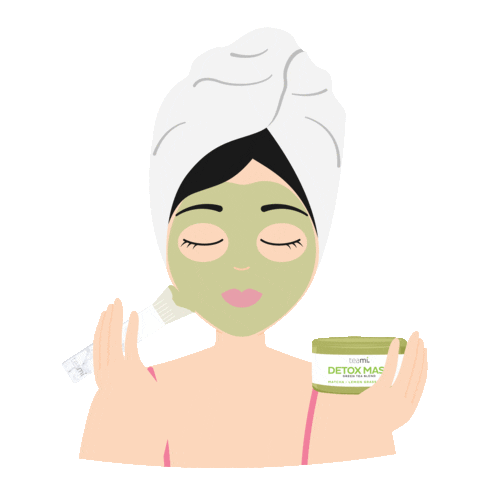Eczema - Causes, Symptoms and Treatments
Eczema refers to any kind of superficial inflammatory process that primarily involves the epidermis, and is characterised by itching, redness, vesicles and sometimes crusting and oozing. Another term for eczema is atopic dermatitis. This kind of skin infection can start during infancy and continue until many years. Though there are some people who outgrow the condition, others may have it all their lives.
Causes:
The factors that play a role in causing eczema are:
- Genetics is one of the factors that may affect the proper functioning of your skin as a barrier against harmful substances. Therefore, if either one of the parent or both suffers from the condition, it is very likely that their children too will suffer from it.
- Abnormal functioning of your body's immune system can also lead to this skin condition. This is because it's your body's immune system that fights off infections as well as harmful intruders.
- Dry skin brings down your skin's ability to fend off irritants as well as allergy causing substances from entering your skin, resulting in an inflammatory condition.
- The presence of the bacteria called Staphylococcus aureus, which brings about sweat buildup, inflames the skin considerably, leading to this condition.
- Even environmental factors like pollen, cigarette smoke lead to the flaring of eczema.
What are the symptoms of eczema?
Atopic dermatitis is commonly seen as dry patches appearing on the skin and sometimes these patches are extremely itchy and cause discomfort. In the case of infants, the rashes appear on the scalp and cheeks and often bubble up before the liquid oozes out. Rashes commonly appear on the backside of the creases of the elbows and knees in the case of kids above two years, and other places on the body may also be affected. In adults, the rashes can make the skin dry and cover maximum area of the body. It may also lead to further skin infections, skin irritation, and may also cause eye problems.
How can eczema be treated?
Though there is no overall cure for eczema, but the treatments can heal the affected skin as well as prevent flaring of the symptoms. Doctors often suggest a plan of treatment on the basis of the age of the patient, symptoms, and the present state of health. You can opt to take warm baths on a regular basis and apply moisturiser within three minutes. You will have to avoid harsh soaps and instead use the mild soap or non-soap cleansers while washing. It is important to keep your fingernails short so that you don’t scratch the affected area which would further aggravate it.
If you are unable to keep eczema under control with all these preventive tips, then it would be best to consult a dermatologist for curing it.
How can you prevent an eczema outbreak?
It is very common for this skin condition to flare-up from time to time. But you can avoid such outbreaks or reduce their severity by following these very simple ways:
- Sudden changes in temperature can cause the skin condition to break out. So, when the weather is hot, keep yourself cool but during cold weather, use a humidifier to prevent the skin from drying out.
- Keep sweating in check as it can cause an outbreak very easily
- Keep your skin well-moisturized so that it doesn't dry out causing further irritation.
- Avoid the use of harsh detergents and soaps, woolen materials as well as the consumption of foods that may lead to flare-ups.




